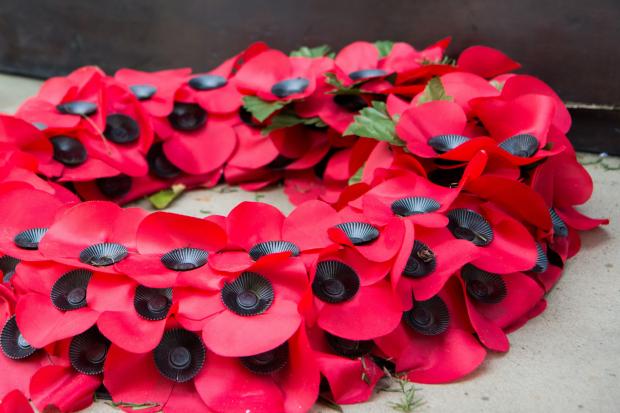By the time you read this we could all be dead.
While we on the Isle of Wight enjoy a sun-baked start to our summer, in distant lands deadly weapons continue to shatter innocent lives.
Even though our shores are thankfully peaceful, we are fed a diet of misery, destruction, death, war, ruin and hatred.
For reasons greater minds than mine can’t fathom, humans have this propensity to destroy each other.
Even if your tribe is not personally under attack, the threat of war seems ever-present.
And to keep us engaged and complicit, the rhetoric is ramped up, like Henny-Penny on steroids.
The sky is falling!
The sky is falling!
And for many people throughout history it has already fallen, or will tomorrow.
The main argument for military spending seems to be that the other boy did it first and, if he didn’t, then he’s thinking about doing it – and there are some extremely hefty boys out there, bristling with armaments and an imperialist mindset.
The biggest boy of them all is up on his hind legs, and the man with the biggest conference table will undoubtedly lock antlers.
Pacifists – and I am one – would say that all international disputes can be peacefully resolved.
But at what cost, you may ask?
Fundamentally nothing.
No lives, no money.
That’s what cost.
However, there is no profit to be made out of peace, whereas there is an enormous price to be paid in the industry of war, and not just the human collateral.
In 2024, the Stockholm International Peace Research Institute (SIPRI) estimated global military expenditure at $2.443 trillion, the highest level ever recorded by SIPRI.
The Isle of Wight has skin in this game, with BAE Systems supporting many Islanders, both in work and through their gold-armour-plated pensions.
Every pound spent on weapons, even those of ‘peace’, may divert resources from social and sustainability projects, education and healthcare – investment in warfare takes away from welfare.
Even back in 1953, US President Eisenhower likened arms spending to stealing from the people.
Do we want our resources to be used on killing civilians abroad, or to help citizens at home?
The military–industrial complex has been accused of ‘pushing for war’ in pursuit of private economic interests.
It’s almost like the last gasps of the fossil fuel industry; trying to remain relevant when surely the bulk of humanity is sick to death of this pork sword rattling.
And how will anyone know when the good guys have won?
What does winning look like in a forever war?
Keir Starmer is being railroaded into committing yet more of our taxes on these international war games, where the main winners are shareholders – and the losers are us all.
This weekend is Armed Forces Day.
This Lest-We-Forget-ival commemorates the contributions of current service personnel and veterans plus, according to the website, promotes peace.
Do any of our leaders seriously respect the sacrifices made?
Or, as they unknot the purse-strings, do they simply think ‘best we forget’.







